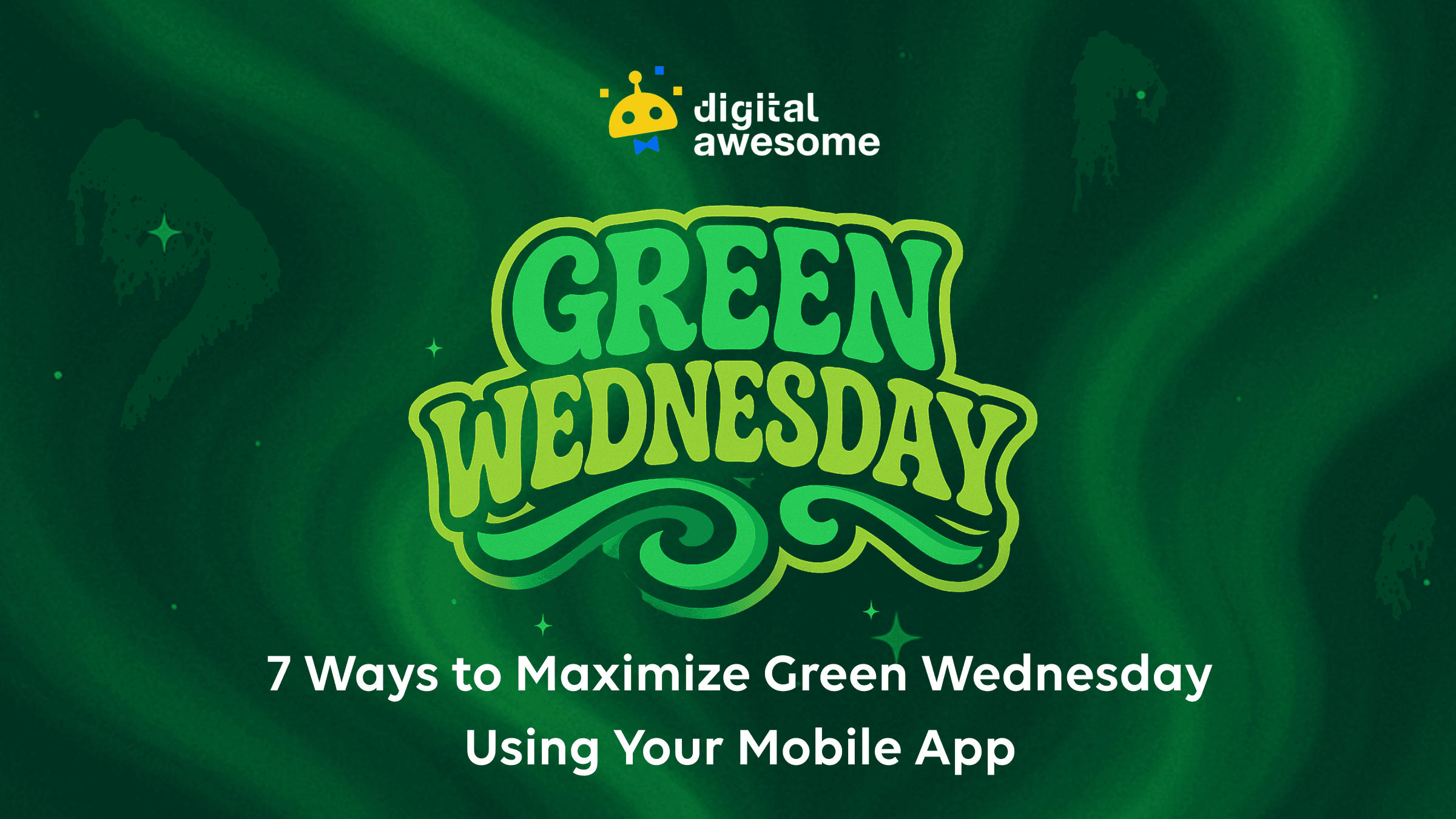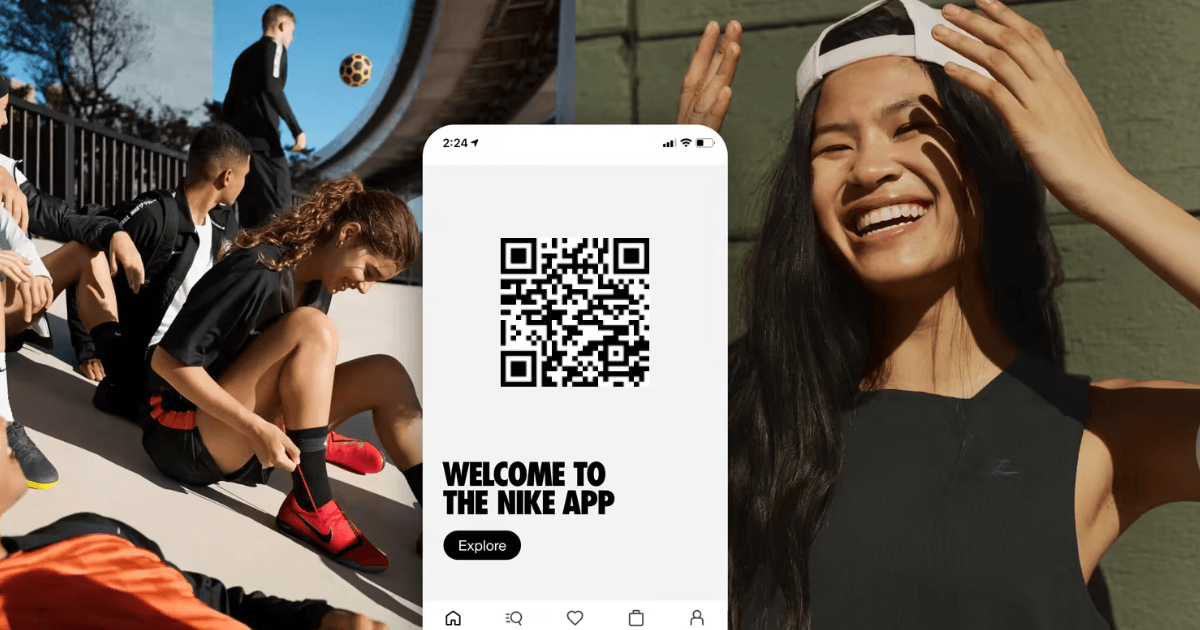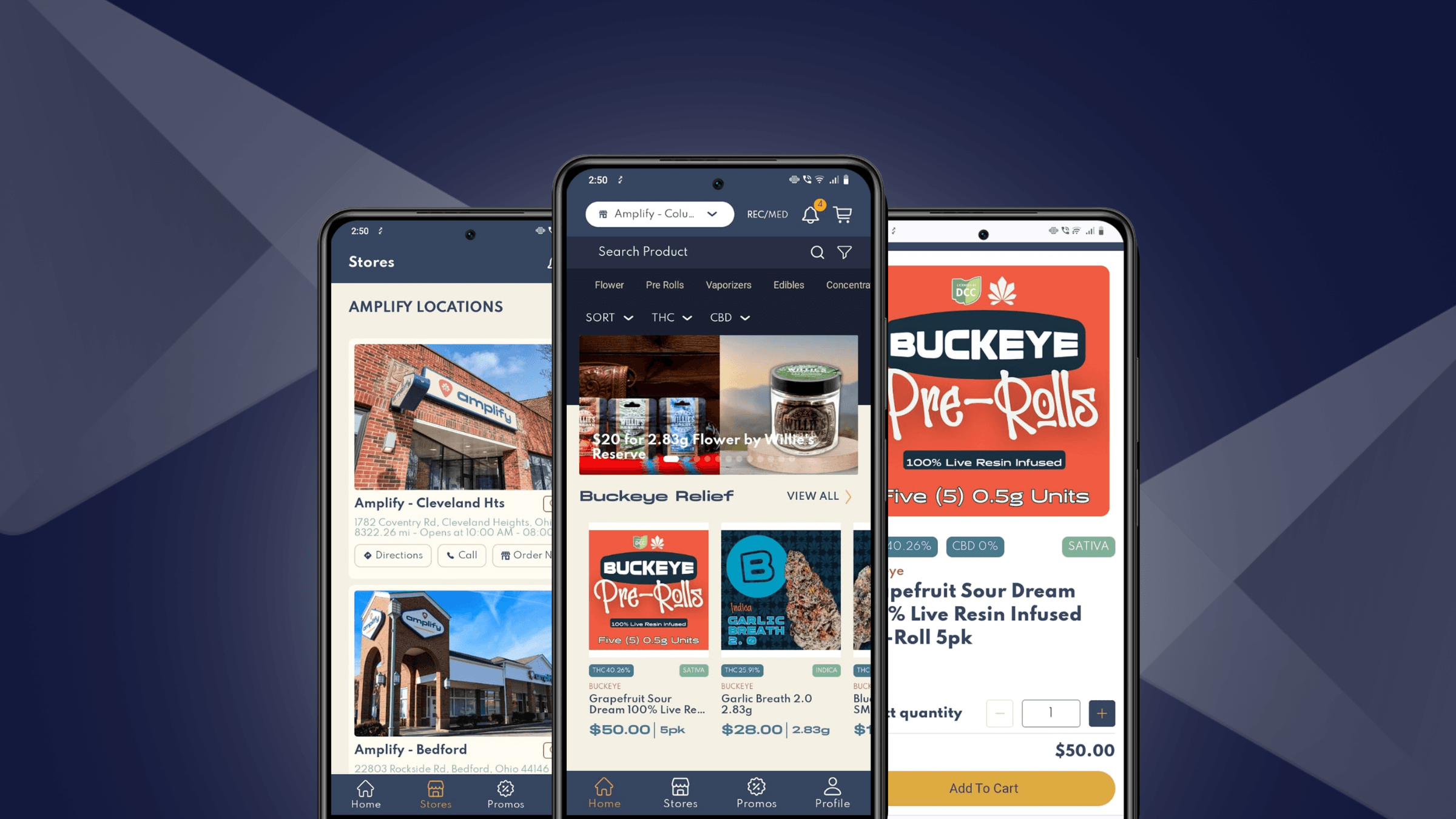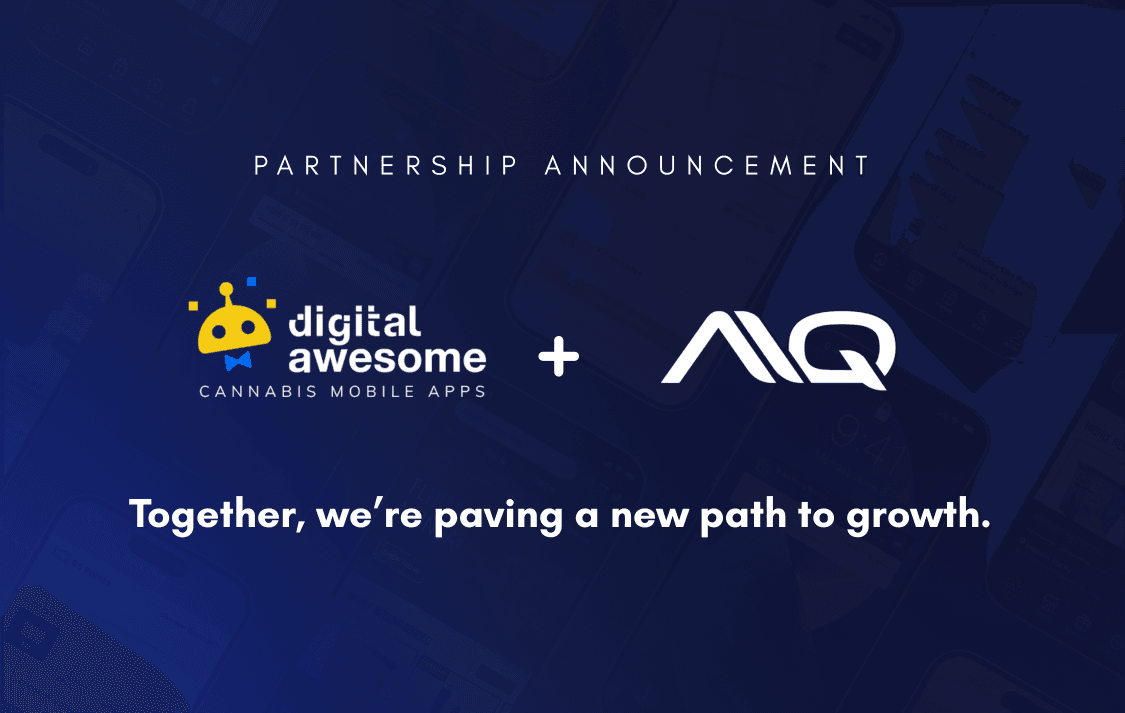

Learn & Earn
Debunking 7 Mobile App Development Myths
Posted by: Nikki Tabberrah
October 03, 2022
“Once we launch this app, our sales will skyrocket, just like that!”, “No thanks, we already have a website. That’s enough to keep our brand competitive!”, “The more features, the better.” , "Okay, let’s do it! Building an app is a one-off project anyway.”
These are just some of the many mobile app development myths. Let’s debunk 7 of them, shall we?
7 Mobile App Development Myths
It’s just a mobile app. That shouldn’t cost much.
Many underestimate the cost and complexity of mobile app development. Some think that just because it’s for a small mobile device, then the overall cost is just as little, and the development speed would be just as fast. To some, “it’s just coding”, but people also fail to realize there are many components that contribute to the successful development of an app. Such as finding product-market fit and UI/UX design to name a few. Successful mobile apps are built by talented teams that dedicate years of knowledge and expertise to the project. Development firms work with clients and go through rounds of research, design, and testing to perfect a competitive app. Mobile apps can cost between $5,000 to $500,000 with completion over 12-20 weeks.
Project size may vary depending on the complexity of the app and other variables, so it’s best to sit down with a potential development partner and discuss it during the discovery phase.
Our sales will skyrocket when this app is finally launched on the app store
Nope, it won’t. Once listed and optimized on the app marketplace, it won’t get a wave of downloads and attract high-value users automatically. Launching an app can definitely get your brand and product traction when introduced correctly, but your marketing efforts shouldn’t stop there. While the app is being developed, brands should come up with pre-launch to post-launch marketing strategies that will effectively acquire new users and retain them over time.
We already have a website. That’s enough to grow my business!
Websites are nice. They are an essential digital platform where you can showcase your story and sell your products. But sometimes, it’s just not enough to help your business grow. 88% of consumers nowadays are on mobile and in order to get their business, you must meet them halfway. Go where they spend most of their time and money. People do everything on their smartphones - they shop, order food, book transportation, socialize, work and so much more. These are all possible because great brands out there developed useful apps for all of mankind.
It’s really no problem sticking to a website but it may mean a few missed opportunities. The opportunity to widen your reach, acquire new customers, generate more sales, and engage with your forever customers.
The more features, the better
As business owners, it’s tempting to stuff your app with all sorts of features. But overloading can translate into an unresponsive app that doesn’t align with your core objective or worse, your target user’s needs. So if you have an app idea, always consult app development experts and work with them to help you design the best digital product for your business. Mobile apps with a plethora of features can leave users confused and overwhelmed, and may find themselves uninstalling or deleting the app eventually.
Mobile app development is a one-time venture
Did you know that nearly a million apps were delisted from app stores during the first half of 2021? This is because these apps didn’t adhere to certain updates required by the Google play store and the iOS app store. Mobile app development is not a one-time investment so make sure to set the budget for long-term app maintenance. There are 4 types of maintenance to consider:
Corrective: it is used to correct any malfunction or anomalies within the app that affects user experience.
Adaptive: a type of maintenance that ensures compliance with necessary application and software changes. Adaptive maintenance keeps your app in shape, compatible and future-ready.
Preventive: an active maintenance process that continuously monitors your app to ensure quality performance.
Perfective: it is used to keep your app unique and relevant to the market. Perfective maintenance is used to develop new features that fit new user needs or enhance existing features.
Related articles:
More downloads = more revenue
Downloads don’t mean money without quality features and an effective in-app monetization strategy in place. Topping the charts can draw potential success as it brings a lot of users to your app. The possibility of turning these users into revenue-generating ones is very high at this point so make it matter.
Aside from in-app advertisements, your app must have great features and mobile experiences that encourage users to put their money where their taps are. For games, these may come in the form of extra lives, expansion packs, or limited-edition items like skins, weapons and maps. While for service apps, this can be in the form of monthly premium subscriptions that generate more revenue for the business. There are many ways to monetize your app, you just need to get to know your users better and find your sweet spot.
Design the app my way, or take the highway
The ideas you have for your app may be life-changing, shining, shimmering, and splendid, but in order to develop apps that people would want to use, they should be designed with your target user in mind. From start to finish of the development process, users’ needs must come first. After all, your business is building an app for YOUR users, may it be customers or internal customers within your organization. Mobile app development requires experts in designing great user experiences, so make sure to partner with one that has a track record in developing apps that deliver real results.
While it’s not entirely dirt cheap to build one, the long-term benefits are well worth all the time, effort and money you’ll be investing. Not convinced? Here are 22 reasons why you should build a mobile app this year!
There you have it! These are the most common mobile app development myths that we often come across at first meet. We hope that you, as a business owner, gained clarity over these misconceptions and prepare you for what lies ahead.
Read more: Tips on How To Land The Right Mobile App Development Team For You
Articles You May Like

7 Ways to Maximize Your App ROI This Green Wednesday

What the Cannabis Industry Can Learn From Nike

Android Users Are Ready to Spend. Is Your Dispensary Ready?
